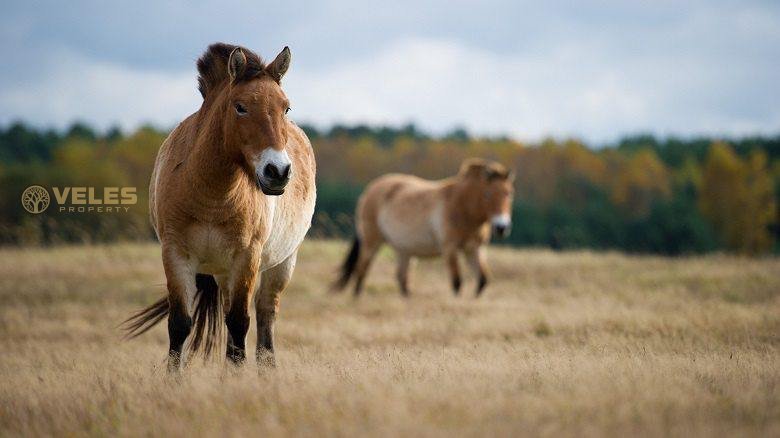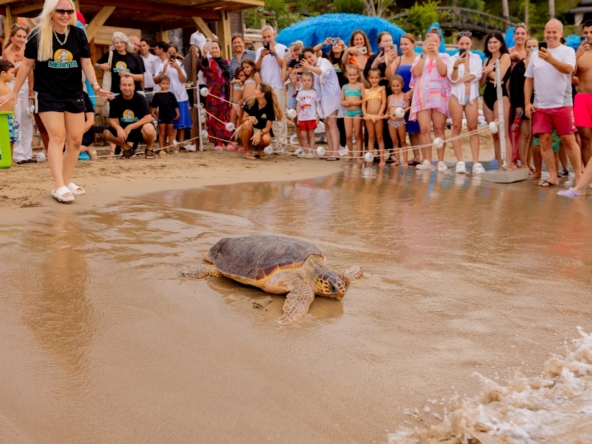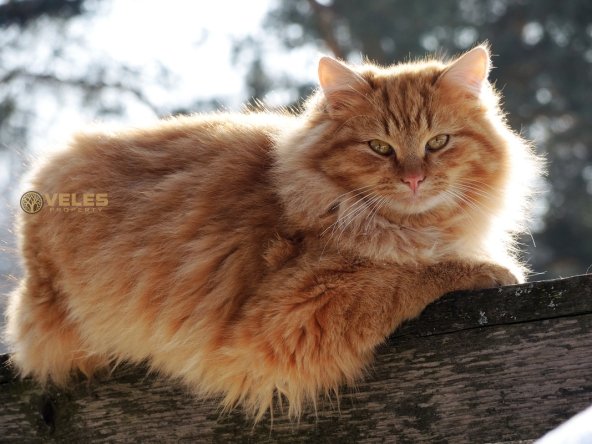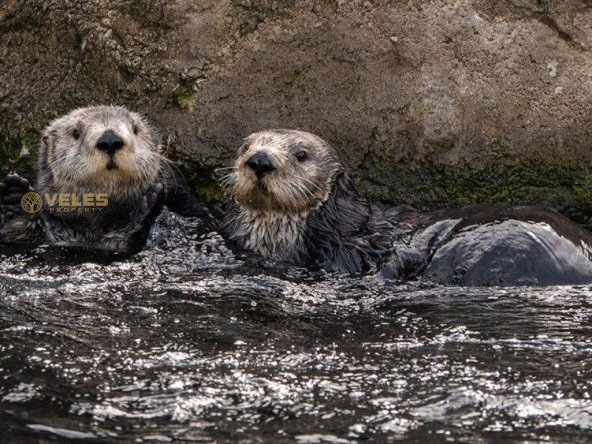In the vastness of the Hortobágy National Park in Hungary, a herd of rare Przewalski’s horses grazes. In the last century, they disappeared into the wild. Specialists had to turn to the breeding program. Now there are about 2000 Przewalski’s horses in the world. About 300 live in this reserve. Hungarian scientists have been observing animals for 20 years. Now drones are helping them. This makes it easier to research, and it’s cheaper than equipping all horses with GPS trackers. Scientists use two drones. One rises high to photograph the entire herd. This will help to analyze his movements. The second flies low. This is how each horse can be identified. Researchers are also studying the social structure of the herd. At first, family groups of horses kept a great distance from each other. However, in recent years, they have been living in one large herd. At the same time, mares communicate more with horses from their family group. And the shoals of the stallion brothers also stay closer to each other. Usually such manifestations are observed among monkeys. For other animal species, this is rare. Przewalski’s horses are still listed in the Red Book. All modern individuals descend from eleven wild horses caught in the last century in northwest China, and one domestic horse. A limited gene pool brings difficulties in breeding. Previously, Przewalski’s horses were found in the forest-steppes, steppes and semi-deserts of Europe, Kazakhstan and Siberia. Perhaps one day they will return to their former habitats.
DRONES HELP TO OBSERVE RARE PRZEWALSKI’S HORSES






